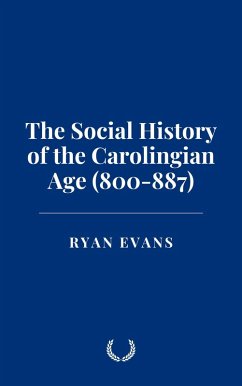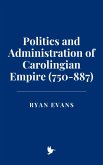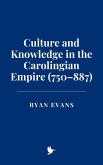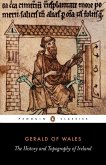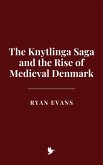This book provides an in-depth examination of the Social History of the Carolingian Age (800-887), focusing on the political, cultural, economic, and social dynamics of the period, with particular attention to the reign of Charlemagne. Charlemagne's efforts to create a unified Christian empire through military conquest, diplomatic alliances, and religious reforms are analyzed alongside the challenges that led to the eventual fragmentation of his empire after his death. Key topics include the rise of feudalism, the Carolingian Renaissance, the spread of Christianity, the military system, and Charlemagne's relationship with the Church. The book also explores the lives of different social classes, including the nobility, peasants, and women, shedding light on the roles they played in shaping the Carolingian world. Through the analysis of primary sources, such as the
Vita Karoli Magni, the
Royal Frankish Annals, and the
Capitulary decrees, this work provides a comprehensive understanding of how Charlemagne's reign influenced the development of medieval Europe and left a lasting legacy in terms of governance, education, and religion. The book also highlights the complex relationships between the Carolingian rulers, their vassals, the Church, and the broader European world, offering insights into the transformation of European society during one of its most formative periods.
Dieser Download kann aus rechtlichen Gründen nur mit Rechnungsadresse in A, B, CY, CZ, D, DK, EW, E, FIN, F, GR, H, IRL, I, LT, L, LR, M, NL, PL, P, R, S, SLO, SK ausgeliefert werden.

